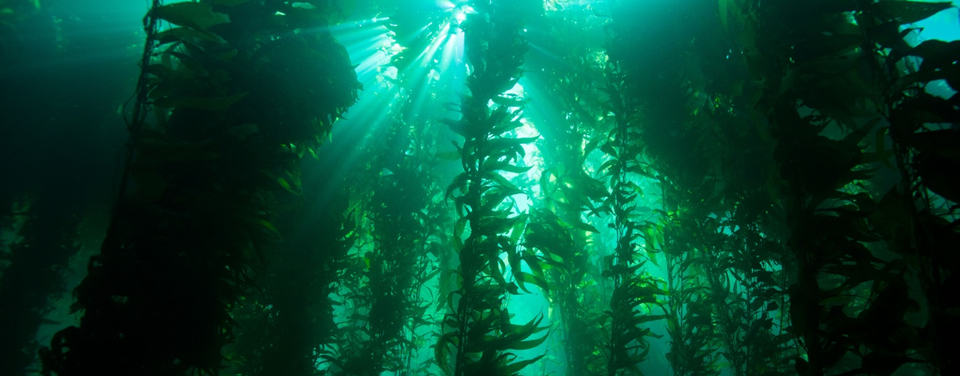The AD process produces methane through bacterial breakdown in the absence of oxygen. It has traditionally used agricultural and food wastes, as well as crops such as maize and beet. But by using farmed seaweed as a replacement, the project hopes to create a stable and sustainable supply chain, freeing up farmland at the same time.

Alongside the CPI, other partners involved in the project include The Crown Estate, the Centre for Environment, Fisheries and Aquaculture Science (Cefas), the Scottish Association for Marine Science (SAMS), Queen’s University Belfast and Newcastle University.
The £2.78m in funding has been awarded as part of the Industrial Biotechnology Catalyst, set up in 2014 to support UK researchers and companies in bringing their biotechnology innovations to market.
”This project brings together a powerful consortium that, for the first time ever, joins up the expertise and facilities needed to develop a methodology and commercial rationale for exploiting the UK’s seabed as a source of sustainable biomass and renewable energy” said Steve Broome, head of business and projects – AD at CPI.
“The idea could have remained stuck on paper – but support from the Catalyst has made this innovative and risky project possible.”

According to the CPI, the SeaGas project will be multi-faceted, exploring AD process development, seaweed growth and storage, economic modelling, and environmental and social impact assessment. Supply chain viability will also be assessed, from access to the seabed for farming, through to biogas injection into the national grid.
The Catalyst’s support for the project is a significant vote of confidence according to Prof Mike Cowling, chief scientist for The Crown Estate, which provided the funding for the initial pilot study.
“It is particularly gratifying to see that the results of the initial pilot study have led to this exciting next stage investigation of the commercial viability of the production of bio-methane from seaweed,” he said in a statement.




IEA report claims batteries are ‘changing the game’
It is important in trucks and other commercial vehicles as the payload will be reduced if the battery weight is penal. Battery applications in the...